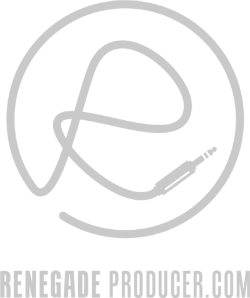25-step music production process checklist and video workshop >>>
Here's How to Learn Music Production - 5 Steps to Get Started and the Best Way to Learn Faster as a Beginner Music Producer
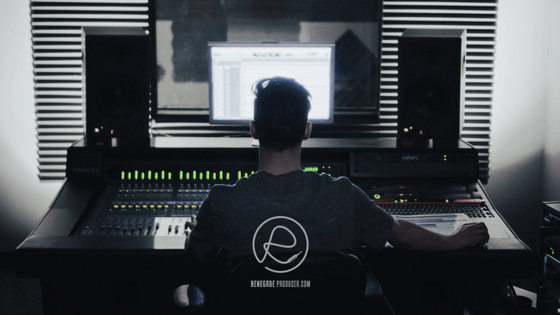
In this post we take a look at how to start learning music production in 5 steps and also discuss the best ways to learn the skills you need to become an expert producer.
"I want to learn music production but don't know where to even start!"
You're not alone. Every good music producer had to face this same problem at one point. Music
production involves many different skills and requires a lot of
know-how. Add to that the whole slew of creative abilities producers
need to cultivate.
It's not possible to know what you even need to learn when you start out.
I trust this guide below will make it easier for you!
How to Start Learning Music Production:
A quick and direct way to start learning music production is to dive right in with the steps below:
- Decide which type of music you want to produce.
- Do home studio gear and software research.
- Get your home studio set up.
- Get to know the basic functions and parameters of your DAW.
- Start making music!
Let's take a closer look at each step:
1. Decide which type of music you want to produce
There are many styles of music and many entry points into the world of music production. The
first thing is to get, at the very least, a general idea of the type of
music you want to produce. This will help you narrow down your best
options for software and gear to include in your home studio. It will
also make it easier to know what to include in your music production
learning.
Genres each have different production styles. The
style you choose determines the musical and the technical or production
choices you'll make. This is why it's a good idea to decide which general style of music you want to make.
2. Do home studio gear and software research
Once you know what type of music you want to produce, it's time to research the most popular DAW and plugin software options. Visit sites like equipboard.com to see what producers in your chosen genre use in their studios.
The goal is to make a shortlist of software and gear to demo. You can decide what to include or exclude from your home studio setup.
3. Get your home studio set up
It may be a simple laptop for music production, a decent DAW and a pair of headphones at first. That's fine.
Don't
rush in! It's too easy to spend your hard-earned money on shiny toys
and expensive music production plugins you don't need.
Demo a few DAWs and choose one that seems intuitive for you to use. Then stick with it!
See this previous post about the basic home studio setup you need if you want to learn more about setting up your first studio.
4. Get to know the basic functions and parameters of your DAW
Most music production tasks happen in the DAW. You want to know
it like the back of your hand in time. For now, start with the basics.
It
may seem intimidating at first. That will soon pass when you discover
that you'll use about only 20% of the total DAW functions when you
produce. Once you know and are able to use these functions you'll soon
forget that it ever seemed overwhelming.
5. Start making music!
Yes, the best way to start learning music production is to start
making music. The previous 4 steps were all about getting to this
point. Now the fun and frustration starts. Fun, because you get to
play. Frustration because you have a lot to learn and your results
at first will suck.
Don't worry too much about results when you start producing music. Explore, learn and get comfortable with your DAW and the plugins you're using.
OK, so that's a good start, but it's only a start. It won't make you a competent producer, at least not very fast. You need a more structured approach to your learning if you want to get good faster.
The Best Ways to Learn Music Production
There are only a few routes you can take to learn music production:
- Formal Programs: Music Production Schools or College
- Self-Study: Design Your Own System to Learn Music Production
- One-on-One: Private Tutors/Mentors
What's the best way to learn music production?
Each route will have it's pros and cons and in the end you'll likely do a combination of the above three options.
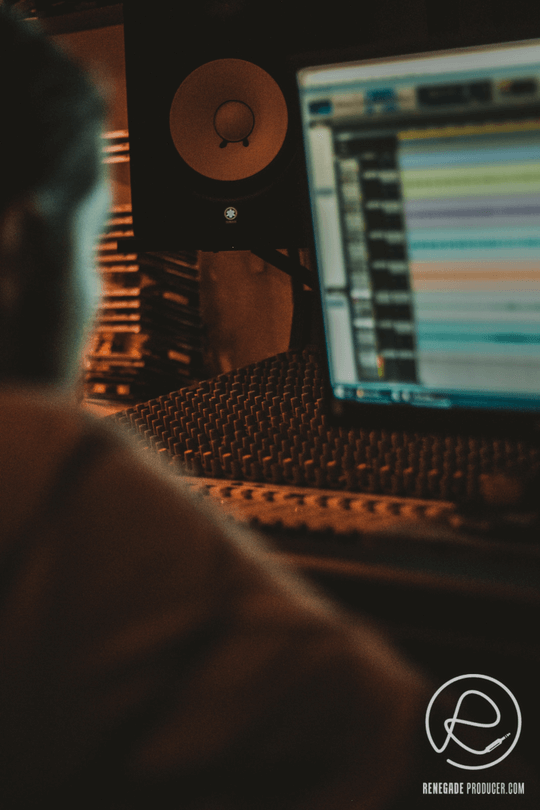
I
studied audio engineering and music production for 3 years in a formal
setting. I definitely won't knock it because I learned a lot. I also met
some of my best friends and music business connections during that
time.
That said, it was expensive. I paid up because this was
before the internet had become the beast it is today. You can now learn
everything you need to know about music production from free online
resources.
One advantage of formal education is the structure the
course gives. Another is the access to good teachers and mentors. The
network you'll build through the people you meet as a student can also
help a lot.
Know this: The degree or certificate you get, in most
cases, won't mean much in the music industries. Who you know, how good
your work is and the results you can produce on a consistent basis will mean much more than
credentials.
So,
you can learn music production through other routes. The lack of a
formal degree or certificate won't make much of a difference.
The
advantages of self-study is that you can tailor the syllabus to your
exact needs. That and it sure as hell costs less than a course at
Berklee or Fullsail!
The problem with self-study is that, unless you
design a structured learning plan or syllabus, you'll be sailing without
a rudder. This can lead to overwhelm because music production is a huge subject. It's easy to get lost!
If you're not going the formal route then find a tutor
or mentor. They can help you design a custom plan or syllabus to learn
music production in a way that works for you.
Why not design it yourself? Well, you could, but
as the Dunning-Kruger effect shows, you won't even know what you need
to know when you start to learn the music production basics. It won't be easy to decide where to begin
and what to include in your studies.
An experienced mentor can look
at your goals and figure out where you're at. They see the big picture. This
means they can see the best route to get you where you want to be with
music production faster. This type of insight is invaluable when you
start out as a new music producer.
Either way, you'll still want to make use of good music production resources to learn faster.
Resources to Help You Learn Music Production:
- Online Music Production Courses
- Music Production Schools
- Music Production Books
- Music Production Sites
- Music Production Forums
- Youtube and Other Free Online Resources
- Private Lessons/Mentoring/Tutoring
Check out this growing list of music producer resources for some excellent options to start with.
In conclusion:
Regardless of whether you choose to go the formal route, the DIY route or the private one-on-one route, you must create a system for learning the music production skills you need.
Your system consists of all the activities you do that teach you the music production know-how and skills you need to make your own music. Producing music in itself is the best learning activity. This will always be the main part of your learning system.
You could also do remakes of your favorite tracks to learn production skills. Another activity could be to mix free stems from other artists to learn mixing skills. Use audio ear training software to learn critical listening skills or musical listening skills. You get the idea!
A good music production learning system will include a range of these types of activities. It will keep changing as you grow and expand as an artist and producer. An experienced tutor or mentor will be able to show you where to begin and what to focus on at the start.
You'll start to see the big picture in time. The gaps in your skills and knowledge will become clear and obvious to you. You can then adjust your own system to become a better and more well-rounded as a music producer.
Regular use of your system, combined with deliberate practice and studio time will result in you becoming an expert producer. You'll learn music production much faster than you would if you just drifted along without a system.
The most important thing is and always will be to keep making music!
So that's my 2 cents on how best to learn music production. I hope this post was helpful.

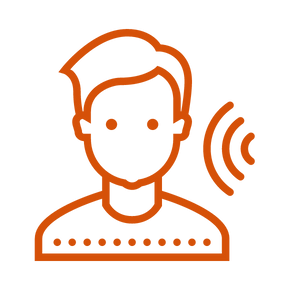
Learn to understand equalisers and frequencies to supercharge your mixing skills and get results, fast...

New producer? Learn everything you need to produce your first professional track right now...
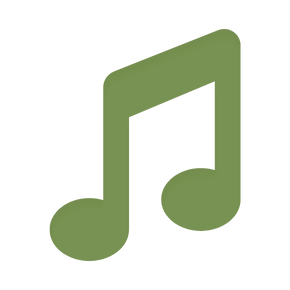
Would you like to discover the simplest and easiest way to learn music theory as a music producer?
Share this post. Spread the knowledge so other producers can benefit too:
- Renegade Producer
- Music Production
- Learn Music Production
ⓘ Some pages contain affiliate links so I might earn a commission when you buy through my links. Thanks for your support! Learn more

